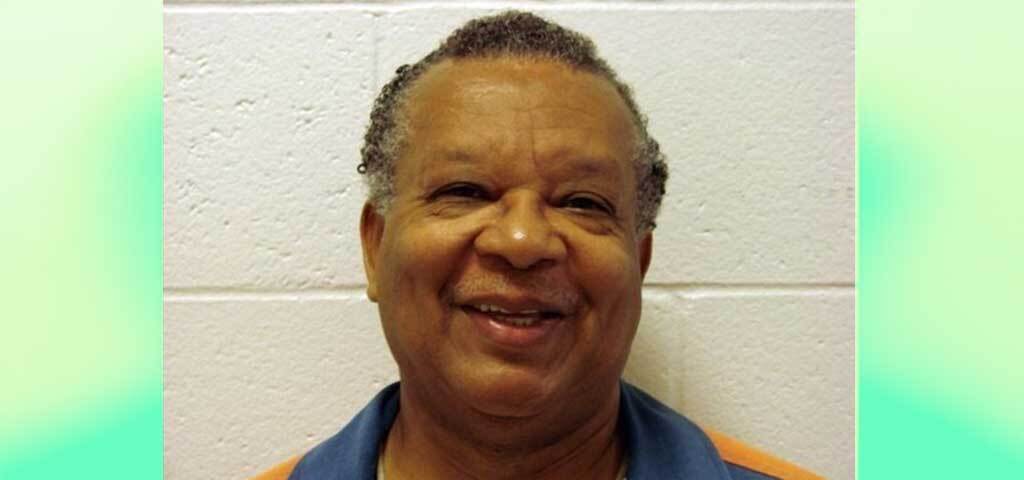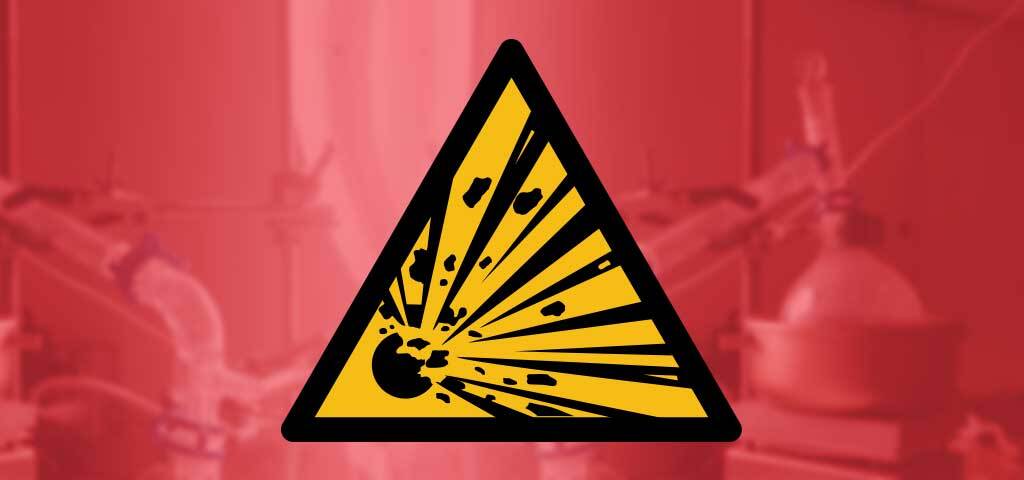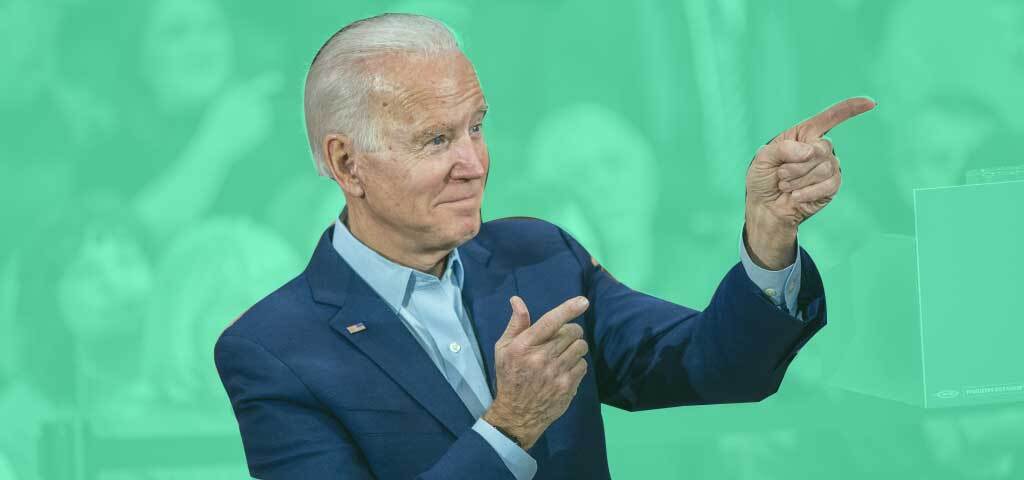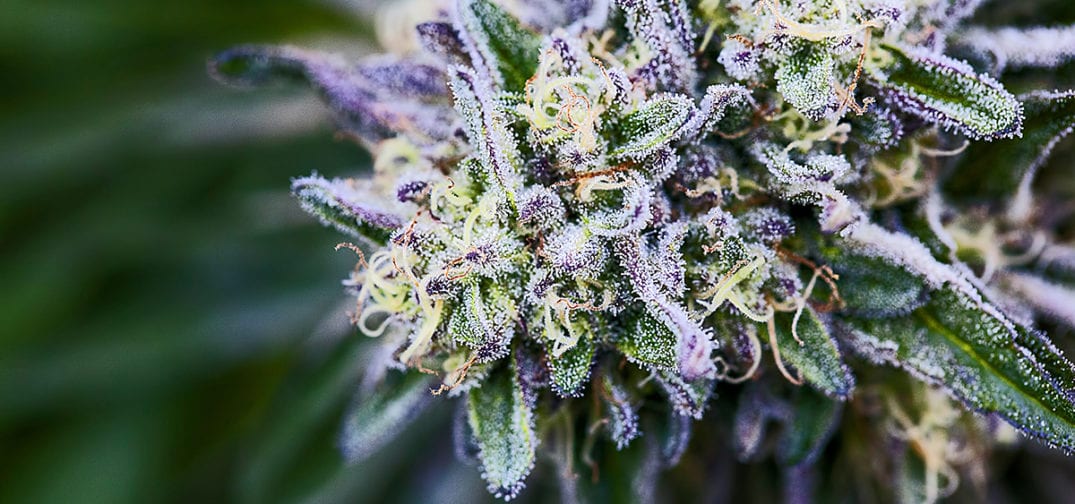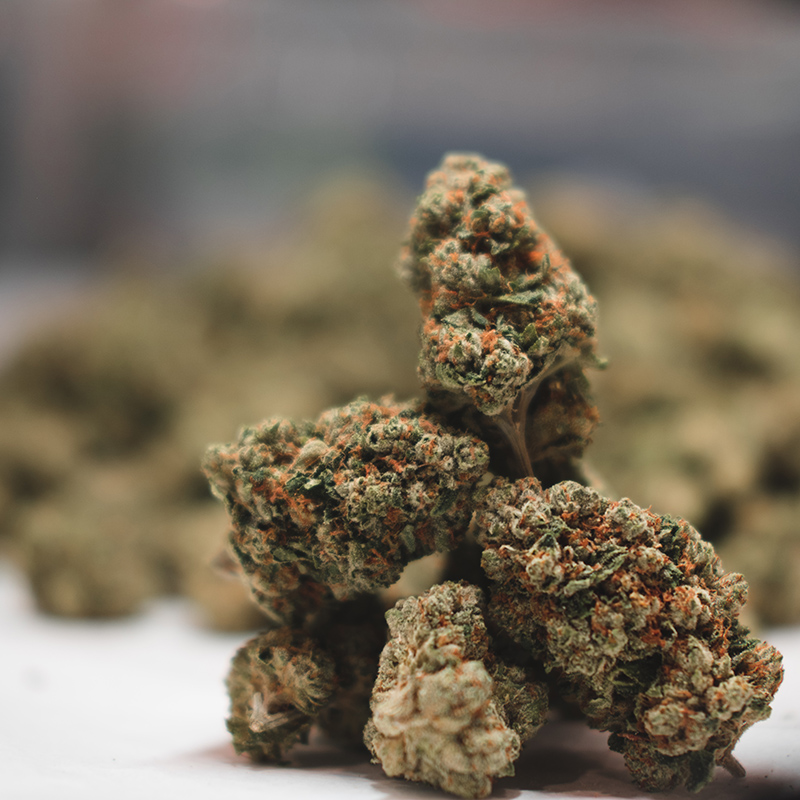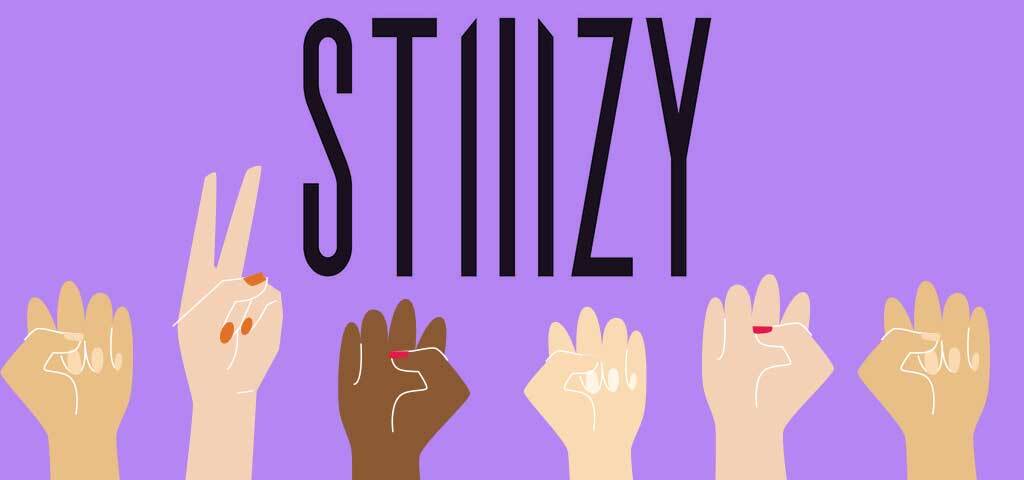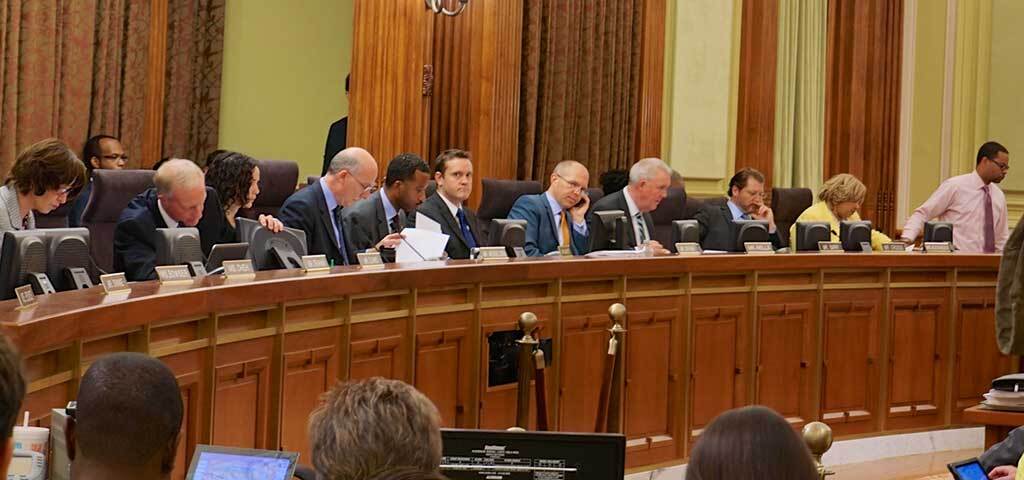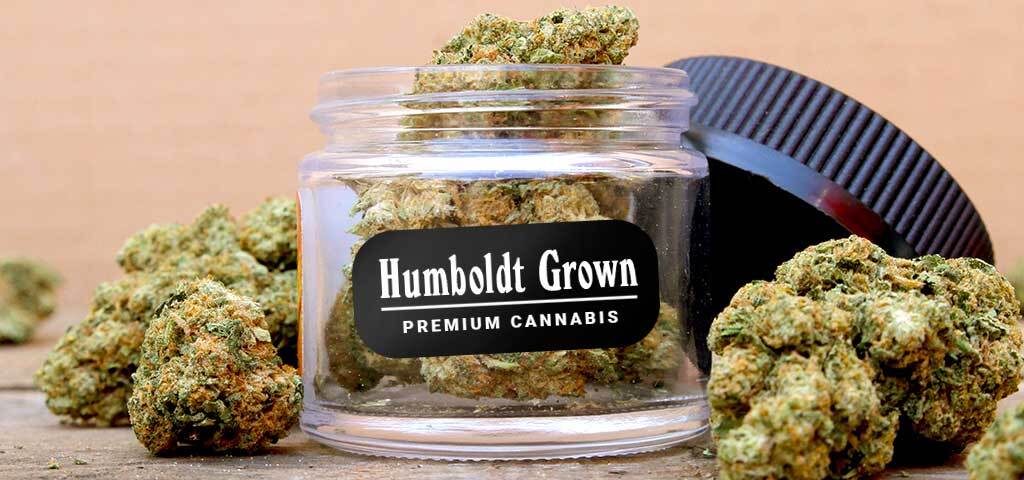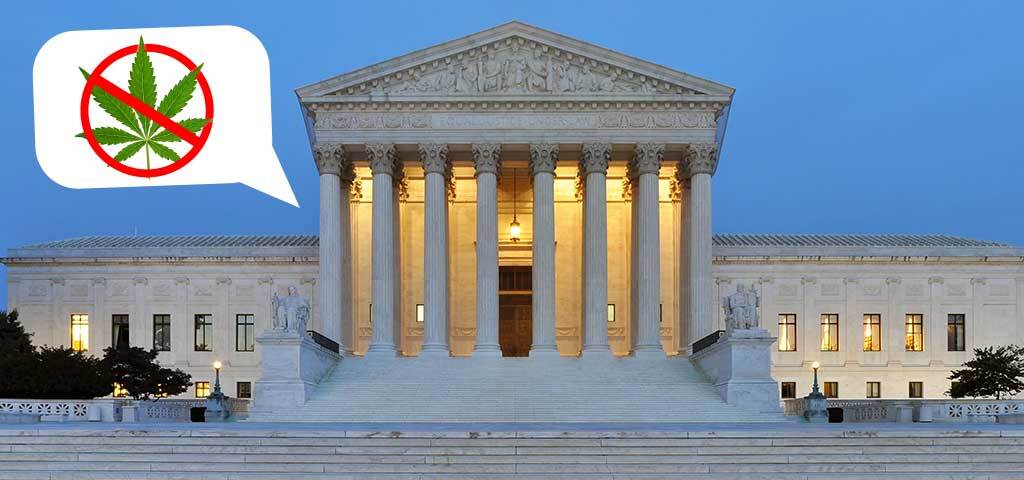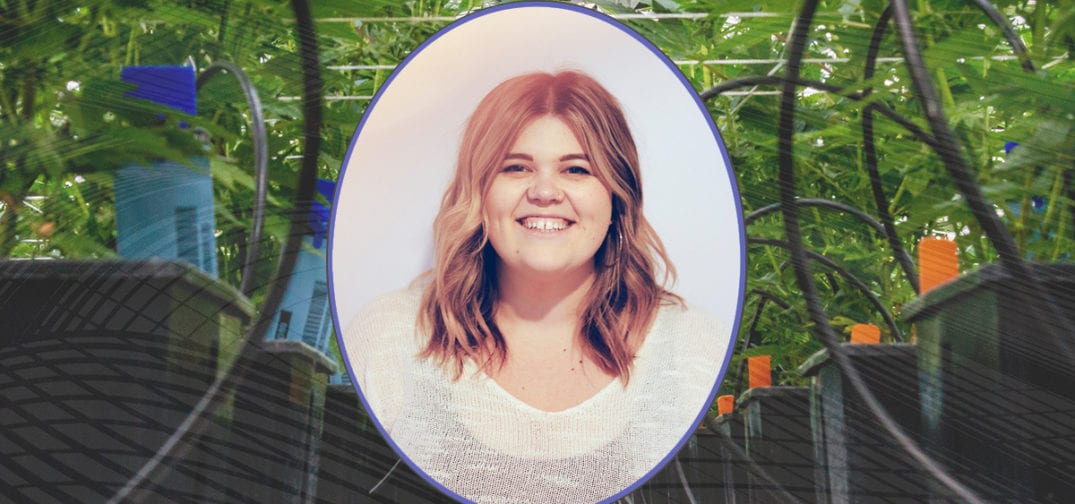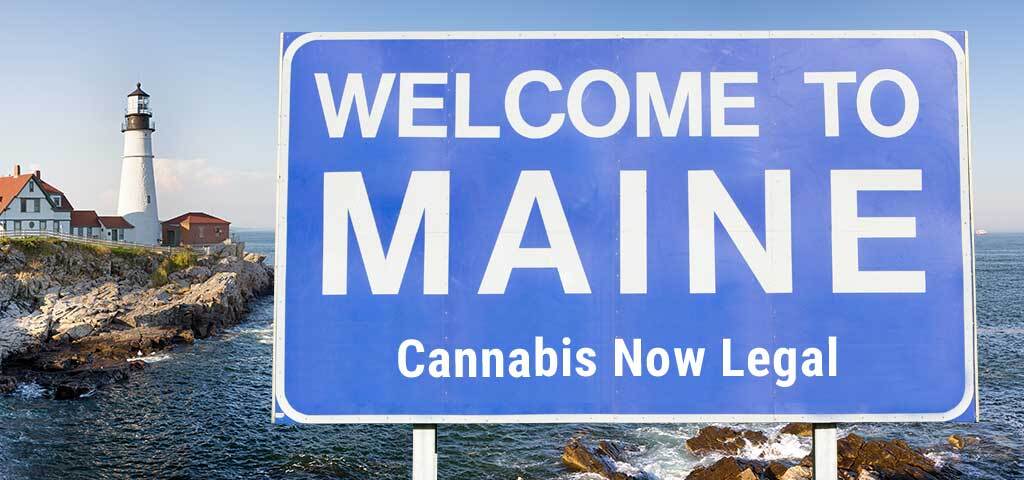During the 2020 legislative session, the Washington State legislature passed HB 2870, making Washington the latest state behind Massachusetts, Illinois, and California to endeavor to create social equity provisions for the cannabis industry. The legislation was inspired by cannabis social equity movements from around the country and seeks to rectify the devastating effects that the “war on drugs” has had on communities of color, particularly African Americans.
Unfortunately, like other states, Washington is finding it difficult to dismantle institutional racism with the cannabis plant.
The social equity task force
Under the new law, Washington must establish a “Social Equity in Cannabis Task Force” (SECTF), which will make recommendations to the governor, before the state can implement any social equity provisions.
Slightly delayed by the coronavirus — Gov. Jay Inslee announced the SECTF members in July — the task force will hold their first public meeting on October 26, 2020. The task force is made up of members of the Washington State House and Senate, members of African American, Latin and Native American Communities, cannabis retail licensees, and representatives from several executive branch agencies, including the Department of Commerce who will oversee a 1.1 million dollar program designed to assist applicants in attaining a retail cannabis license.
According to government sources, the task force’s goal will be to, “…make recommendations to promote business ownership among individuals who have resided in disproportionately impacted areas of high poverty, to remedy the harms resulting from the enforcement of cannabis-related laws. The Task Force will work to center the voices of those who belong to communities that have been most impacted by enforcement of cannabis-related laws.”
Although the COVID-19 crisis has delayed the task force meeting, the LCB recently held three (down from the initially proposed five) virtual “community meetings” in order to explain regulators’ role in the social equity program and to hear from individuals looking to obtain a social equity license. Scheduled for late September and early October, the three meetings highlighted current regulations and LCB responsibilities. At the second meeting, some attendees expressed concerns about the SECTF.
Aaron Barfield, founder of Black Excellence in Cannabis said in an email after the meeting, “The task force has no authority, only the power to make recommendations to the LCB. The LCB pushed forward the legislation that created the task force because it allows them to appear to be working on solving the problem they created without significantly changing the status quo.”
“There is serious concern that the social equity licenses will not go to the industry pioneers who have been fighting for inclusion, but to rewarding opportunists who supported the LCB legislation.” — Aaron Barfield, founder of Black Excellence in Cannabis, in an email
The dismantled medical cannabis system
Other concerns center on the narrow applicant criteria. According to LCB officials at the community meeting, “applicants must live in a disproportionately affected area” — a term yet to be defined by the SECTF — or an applicant or an applicant’s family member must have been arrested for a cannabis crime.
At the community meeting, Barfield and other applicants said they already had successful cannabis businesses prior to 2015 but have been left out of the new system. One applicant at the meeting, who went by “Sammy,” said, “The LCB should fix the problems they have already created before starting a new program.”
Barfield agrees. “The licensing issue has been extremely stressful and financially disastrous for many Blacks,” he said. “We went from running successful enterprises as medical cannabis providers to having our businesses hijacked and being told we had to run through an LCB obstacle course to get them back. An obstacle course that the LCB made impossible for us.”
Barfield is referring to the 2015 merger of Washington’s state’s longstanding medical cannabis program and the adult-use cannabis system created under the state’s successful legalization initiative I-502. At the end of that process, the LCB withdrew nearly two thousand retail cannabis licenses. Several attendees at the meeting said many of these applicants were members of communities of color.
“Ultimately, we’d like to see cannabis taken out of the hands of the LCB as they’ve destroyed their credibility and proven incapable of regulating in an honest and fair manner. Cannabis should be regulated by the Dept of Health and the Dept of Agriculture and licenses should be much more widely available.”
Lacking producer/processor considerations
Others at the “community meeting” were concerned the new program only addresses retailers, not producers or processors. Dr. Darlene J. Conley Ph.D., a Black Tier 1 producer in Tacoma, WA who is still fighting to open her cannabis business, said at the meeting that, “Many African Americans have experience in growing and processing cannabis, not only retail.” In a communication after the meeting, Dr. Conley said she doesn’t think adding producers and processors to the social equity program would affect current licensees as many are only small producers like hers. She believes the LCB, similar to the retail social equity program, could make licenses available that were either revoked or never used.
In a letter to Gov. Inslee commenting on HB 2870, Dr. Conley explained why she believes communities of color were left out of the process.
“Many African Americans and LatinX developed highly specialized skills learning to grow marijuana, but were not able to enter the legal market because of a number of factors linked to institutionalized racism in the economic and criminal justice system. Virtually all of the top growers and processors in the industry learned their craft when marijuana was illegal. However, because African Americans were disproportionately targeted for surveillance and arrest in their communities, they were ineligible to apply for licenses once the industry was legalized.” — Dr. Darlene J. Conley, in a letter to Gov. Inslee
Multiple studies corroborate Dr. Conley’s statement, including a study by the Multnomah County Health Department in Portland and the Oregon Public Health Division. The study published in “Substance Use & Misuse” in 2019 looked at cannabis arrests between 2012 (legalization) and 2015, showing that overall cannabis arrests have gone down in Washington for both Black people and white people since legalization. However, since the retail market opened in 2014, cannabis arrest rates for African Americans have doubled and African Americans went from being arrested 2.5 times more than their white counterparts to being arrested 5 times more.



